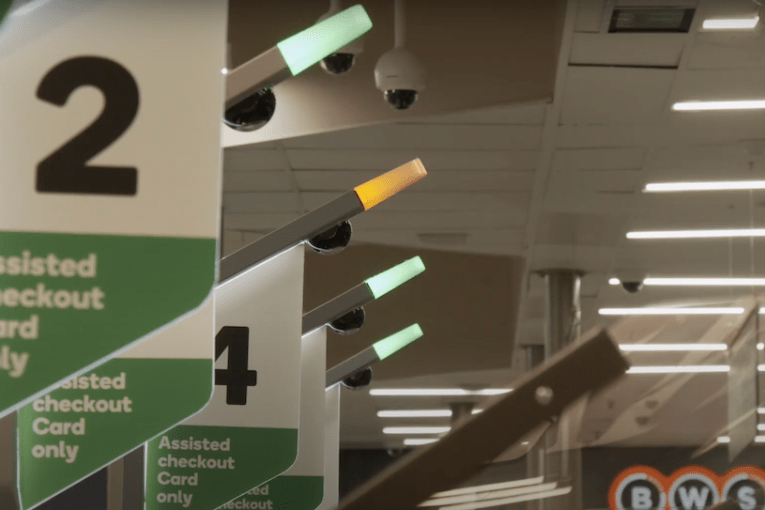EV revolution: ‘Massive increase’ on our roads, but a slow uptake compared to overseas

The rise of electric vehicles (EVs) is set to mirror the growth of mobile devices and other burgeoning technologies in coming years, one EV advocate says.
Those comments came as the Electric Vehicle Council (EVC) revealed more than 83,000 electric cars are being driven in Australia, up from 44,000 at the beginning of 2022.
“I think that in 2023 through to 2025, we’re going to see a massive increase in electric vehicle uptake,” managing director at Electric Mobility Manufacturers of Australia Greg McGarvie told The New Daily.
EVC said the number of electric vehicles on Australian roads will likely race past 100,000 early this year after almost doubling in 2022, with the number of charging stations also soaring by 44 per cent in the same period.
According to Mr McGarvie, the main factor driving this growth is the cost savings of owning an EV.
He said an EV owner who charged their vehicle using home solar power and fast chargers between cities reported an average cost of $2.97 per 100 kilometres.
For comparison, based on petrol prices for Australia from October 31, 2022 to February 6, 2023, the average 100-kilometre trip costs motorists $18.44.
The drop in EV prices and the emergence of new financial solutions to support ownership will help alleviate pressure on household budgets, Mr McGarvie said.

The number of electric vehicles on Australian roads will likely race past 100,000 early this year. Photo: Getty
Increasing EV uptake
Despite the desire for cheaper and cleaner transport options, cost remains a barrier for many consumers, with the average Australian spending $22,000 on a new car and the cheapest EV priced between $45,000 and $50,000.
To lower costs, experts suggest that the federal government implement fuel efficiency standards to set a limit on emissions and impose penalties on manufacturers for not meeting it.
This would encourage the introduction of more affordable and cleaner EVs in the country.
Industry experts say Australia’s slow electric vehicle adoption rate compared to the rest of the world requires urgent policy changes to reach the goal of having three million electric cars on the roads by 2030.
“Australia’s growth is not as good a story as in overseas markets,” Swinburne University future urban mobility professor Hussein Dia said.
“Once a fuel efficiency standard is available, it will send a very strong signal to car manufacturers, to fleet operators and it will have a roll-on effect just like in New Zealand and other markets,” Professor Dia said.
More than 15 per cent of all cars sold in New Zealand were electric last year, while China registered 19 per cent and world leader Norway had 79 per cent.
Mr McGarvie said the government should “pivot straight to EVs”, instead of fuel efficiency standards, which require the development of new technologies.
“A fuel efficiency standard means you’ve got to create new fuels and vehicles that burn those fuels more effectively,” he said.
He said government money would be better spent on programs, such as tax breaks, that encourage people to buy EVs.

Charging station availability is lagging in Australia. Photo: Getty
Need for charging stations
Charging stations are in high demand to accommodate the growing number of EVs on Australian roads.
There are about 3600 electric-car chargers available to the public in 2100 locations nationally, according to the State of Electric Vehicles report, published in October.
Although more public charging stations were needed, Mr McGarvie said he expected most people would charge their vehicles overnight in their garage.
“I charge my vehicle in the garage because in effect, I don’t do much more than 50 kilometres of travel. That’s the equivalent energy to running a toaster,” he said.
-with AAP








